Summary:
The book traces the cultural evolution of the perception and treatment of mental illness in Europe from the Middle Ages to the modern era, arguing that the concept of madness has been shaped by social and political forces, leading to the marginalization and institutionalization of the mentally ill. It examines the shift from a world where the mad were integrated into society to one where they were isolated and subjected to medicalization and moral judgment.
Key points:
1. The Great Confinement: Foucault notes that in the 17th century, Europe started locking away the "mad," poor, and others in institutions, marking a shift to viewing madness as a social issue needing control.
Books similar to "Madness and Civilization":
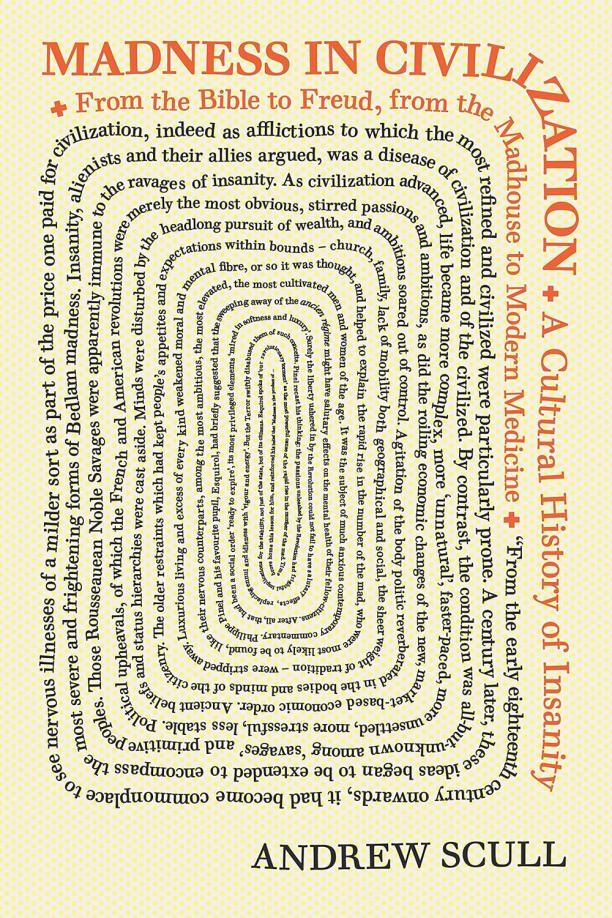
Madness in Civilization
Andrew Scull

Discipline and Punish
Michel Foucault
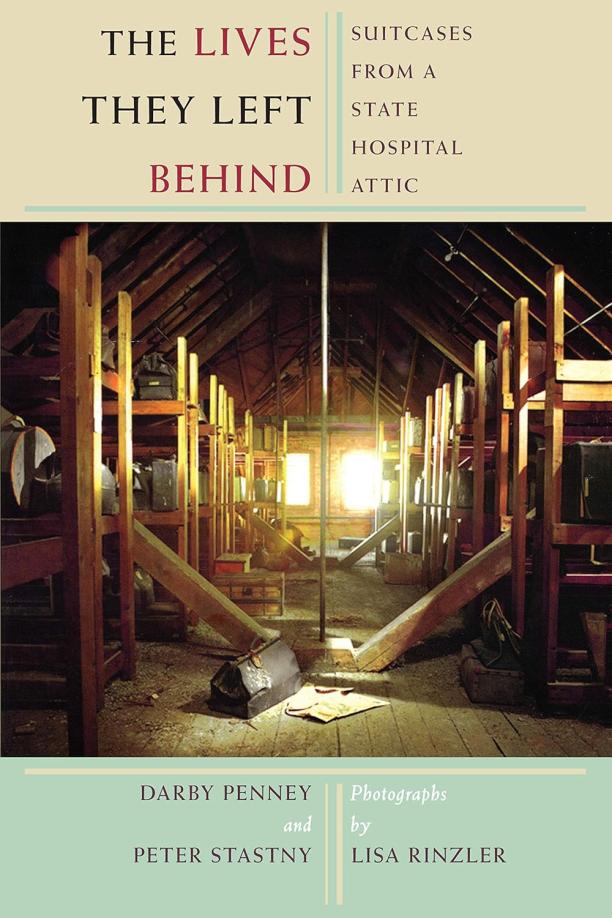
The Lives They Left Behind
Darby Penney|Peter Stastny
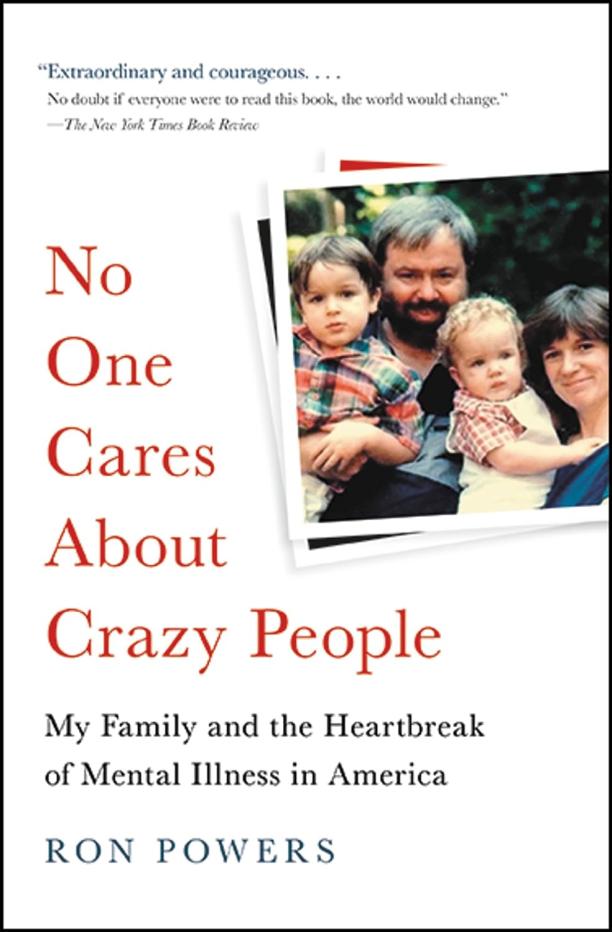
No One Cares About Crazy People
Ron Powers
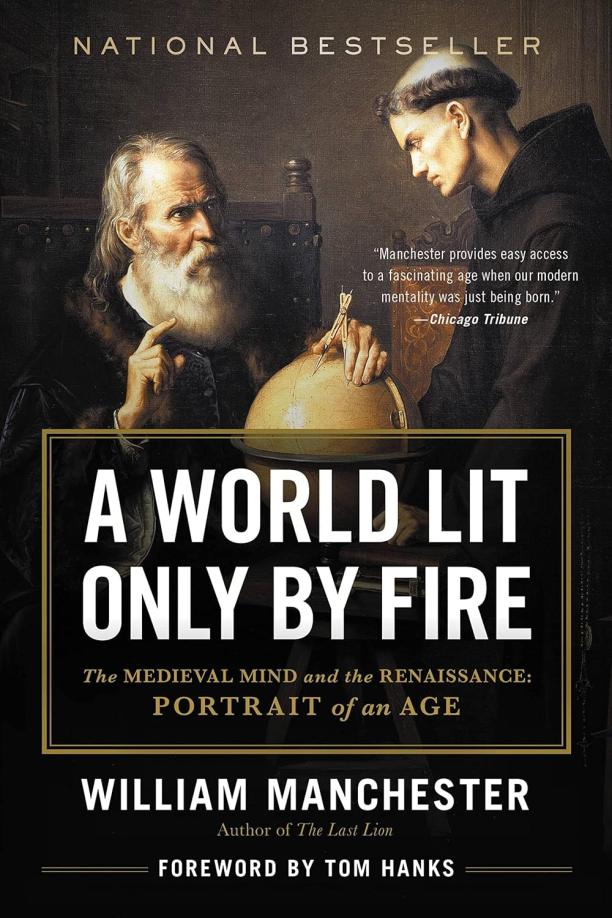
A World Lit Only by Fire
William Manchester

Girl, Interrupted
Susanna Kaysen
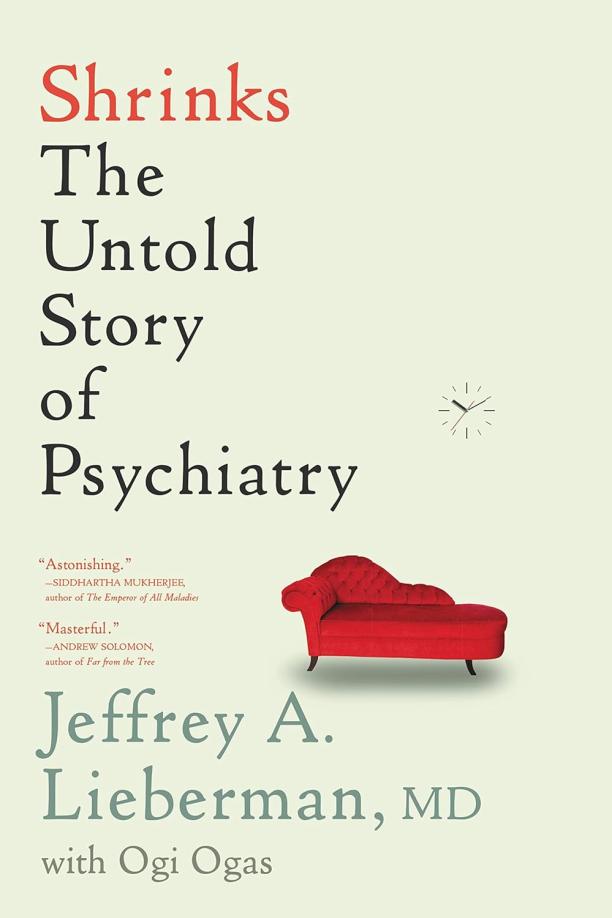
Shrinks
Jeffrey A. Lieberman

The Great Pretender
Susannah Cahalan
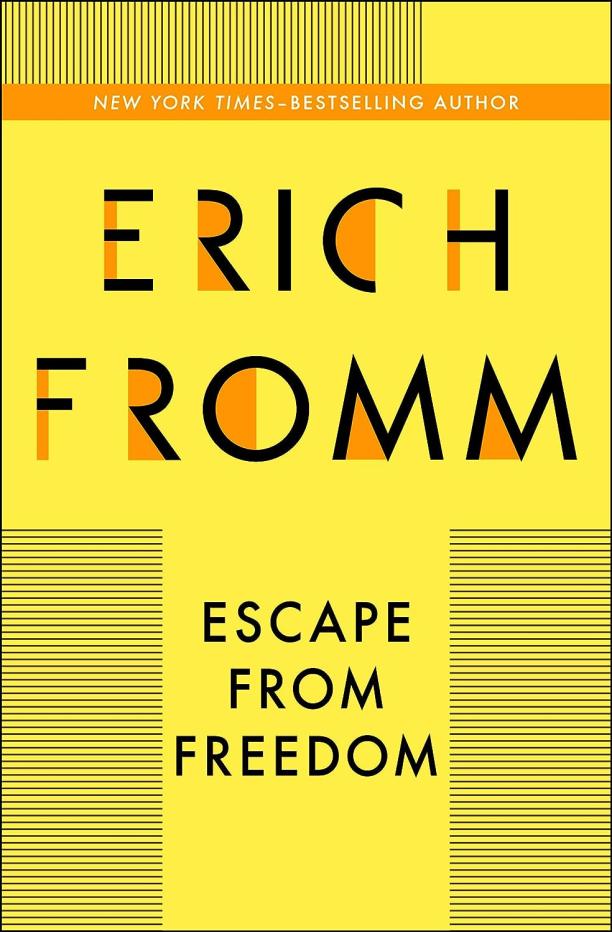
Escape from Freedom
Erich Fromm
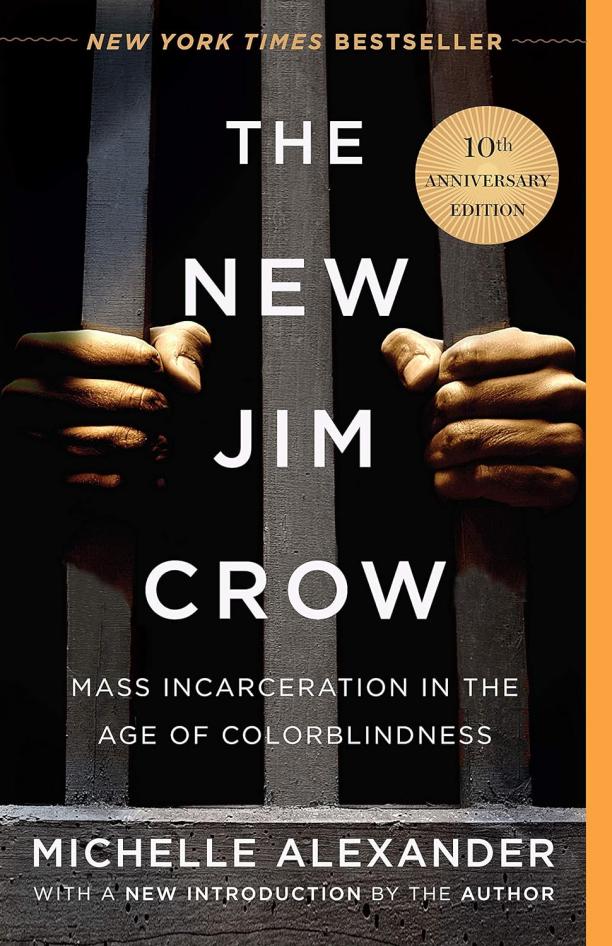
The New Jim Crow
Michelle Alexander
